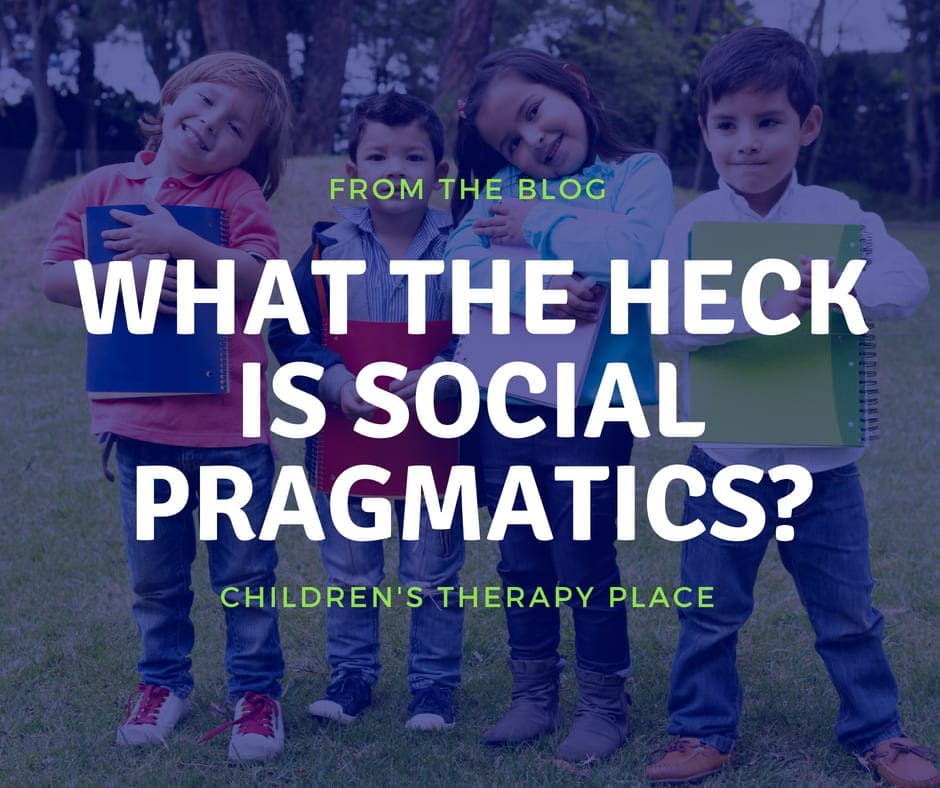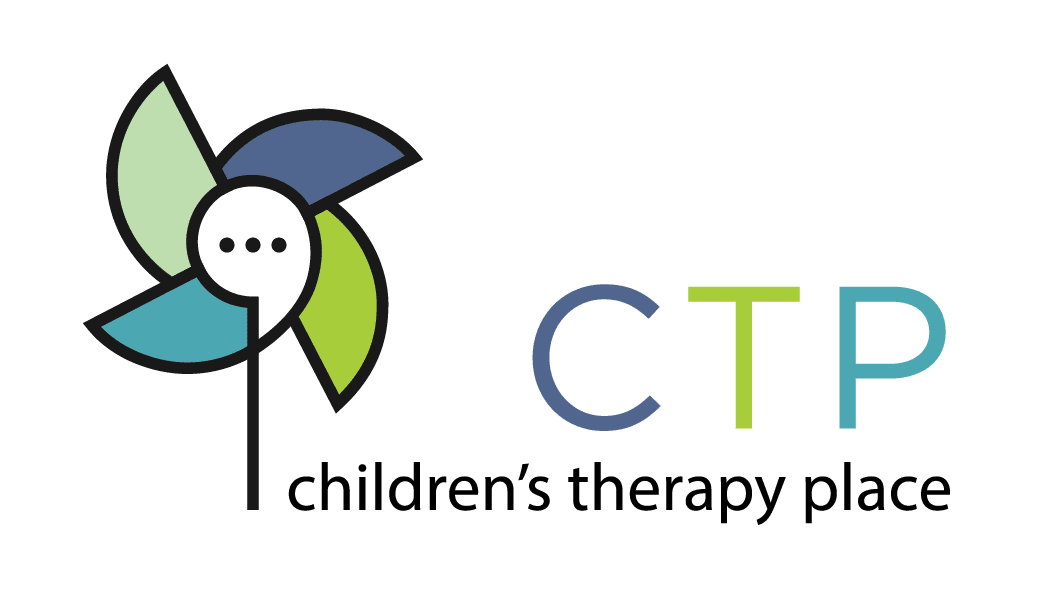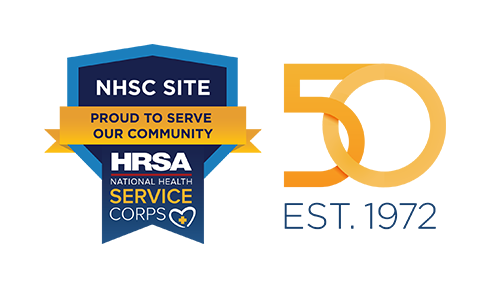What the Heck is Social Pragmatics?


One of my favorite areas to work on with kids in speech and language therapy is something we call social pragmatics. Many children with challenges in receptive and expressive language benefit from improving their social pragmatic skills. But what does it mean?
Social pragmatics refers to the social use of language and how individuals interact with others. This includes what we say, how we say it, our body language, taking turns in conversation, showing interest in another person’s comments and ideas, and even knowing when not to talk! Pragmatic skills are central to how we communicate with others and participate in social groups, such as our families and communities. Pragmatic skills are vital for communicating our personal thoughts, ideas and feelings.
Some children have more difficulty than others when it comes to social language. If you parent or know a child with an autism spectrum disorder or Asperger’s syndrome, you’re aware of struggles with skills like eye contact, asking for and sharing information, engaging in meaningful conversation, using humor, offering responses to prompts or questions, and gaining attention in an appropriate way. In my day-to-day clinic practice I find it rewarding, fascinating and sometimes downright mystifying when working with children on understanding and developing social skills. I find it rewarding because I know whatever I do to help a child improve social language skills will truly impact every area of his or her life. I find it fascinating because every child is unique, with his or her own way of interacting with the world. With especially severe disorder areas, like classic autism, I am mystified by the tedious, painstaking and loving process of “breaking into” a child’s world to bring them more into ours.
Language is power, and when we equip our precious little ones with the ability to engage and interact appropriately with others, we are taking them one step further toward and self-actualization and independence! Here are some simple things you can do to help:
– Provide a good model. Get down to your child’s eye level and use positive body language and eye contact.
– Demonstrate appropriate turn-taking by letting your child speak or gesture without being interrupted. Use pauses in conversation to allow your child to formulate and express his/her ideas.
– Give gentle, verbal reminders, such as “listen with your eyes,” and “listen with your body.”
– Use stories and visual supports to provide examples of appropriate behavior. Many ideas can
be found online using the search term “social stories.”
– Offer role-playing opportunities where your child can practice certain routines and skills in a positive way.
– Read simple story books about responding to affection, asking for help, using humor and following directions. Some of my favorites include the “Grumpy Bunny” series by Scholastic Publishing.
– Praise your child for maintaining a topic introduced by others, asking for and giving information, and using appropriate strategies to gain attention without interrupting. So, the next time your child engages in inappropriate (and even embarrassing) behavior, especially when others may perceive your kiddo is being – well, a little less than socially acceptable – keep the above tips in mind to support significant changes over time. Above all, strive to provide the best example you can, both at home and in the community. Whether your child has a language delay, autism, Asperger’s or communication delays that present barriers to appropriate social language, use some of these strategies to support winning social language skills!
Also worth a look – Here are some of my favorite websites offering insightful and hands-on info regarding social language:
https://jillkuzma.wordpress.com/; Jill Kuzma’s Social-Emotional Sharing Site
http://www.therabee.com/images-pdf/pragmatics-jul08.pdf; Therapy Bee Speech Patholgy
http://www.asha.org/public/speech/development/Pragmatics/; Amer Speech, Language & Hearing Assn
http://www.asha.org/public/speech/development/PragmaticLanguageTips/; also ASHA
By: Jane Lomas, M.S., CCC-SLP

